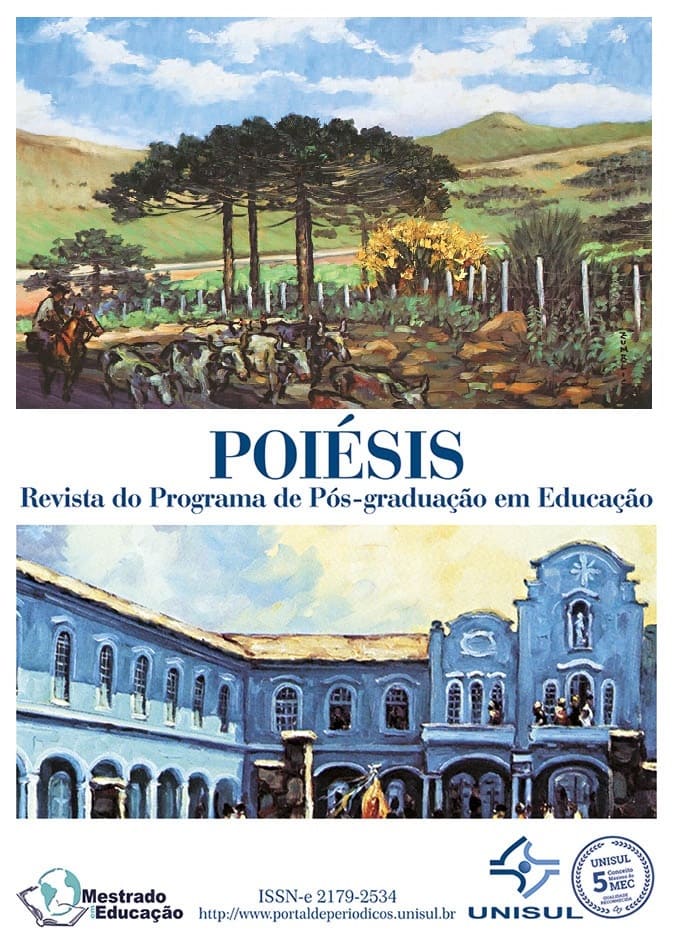EDUCATION IN THE 21ST CENTURY: EPISTEMOLOGY OF COMPLEXITY FOR THE GROUNDING OF CRITICAL THINKING IN SCIENCE
DOI:
https://doi.org/10.19177/prppge.v14e262020364-379Keywords:
Epistemology of Complexity, Epistemology of simplification, Critical Thinking.Abstract
The epistemology of simplification used in science, since the 17th century, with the objective of preventing imprecision and ambiguity, has allowed many advances in modern science, but within a perception of certainties and truths, which interfere in the apprehension of man in the relational system with nature. On the other hand, the epistemology of complexity, through a multidimensional view, increases the multiple relations between man and the environment. The article aims to discuss and reflect the meaning of the two epistemologies in the process of understanding and apprehending nature, in the foundation of knowledge, from the scientific point of view and education in science. The study was conducted based on Textual Discursive Analysis. In relation to education, according to complex thinking, we evaluate the interdisciplinary association of art and science, in order to destabilize the previously established conceptions, contributing to the development of critical thinking and decision making in the face of chance.
Downloads
Published
Issue
Section
License

Poiésis is licensed under a Creative Commons Atribuição-Uso Não-Comercial-Não a obras derivadas 3.0 Unported License.


